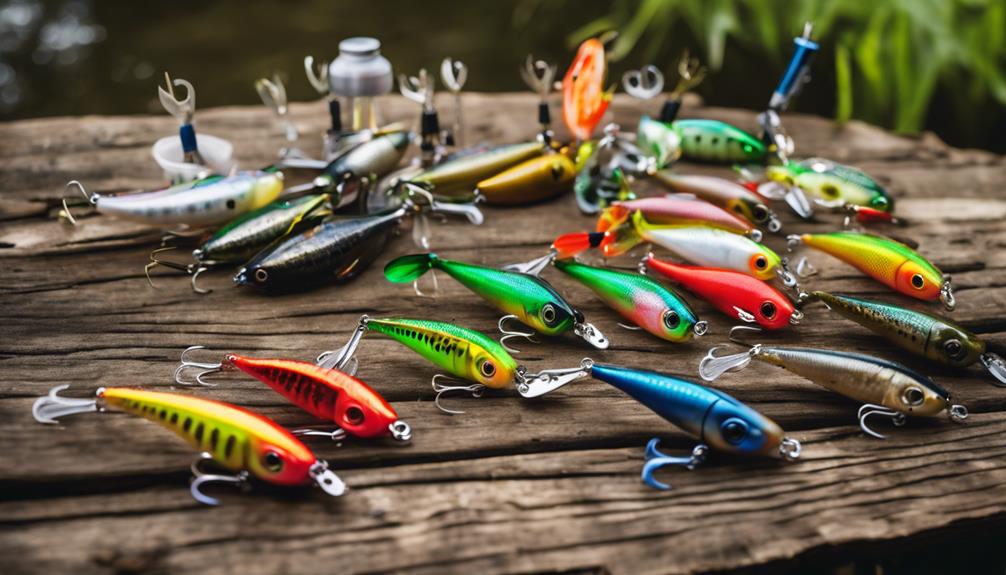Fishing is not only a popular pastime but also a fantastic way to connect with nature and unwind. However, before you cast your line, it’s essential to understand the regulations surrounding fishing licenses. One of the most common questions new anglers ask is, “What age is a fishing license required?” In this comprehensive guide, we will explore fishing license requirements by age, the importance of having a license, and tips for obtaining one.
Understanding Fishing License Requirements
Fishing regulations vary significantly by state and country, but most jurisdictions require individuals to obtain a fishing license once they reach a certain age. In the United States, the general rule is that anyone over the age of 16 must have a valid fishing license to fish in public waters. However, some states allow children under specific ages to fish without a license, often with certain stipulations, such as fishing under adult supervision. Therefore, it’s crucial to check local laws before heading out.
Age Requirements for Fishing Licenses by State
While the general age requirement for a fishing license is 16, many states have unique regulations. For instance, in California, individuals aged 16 and older must acquire a fishing license, while in Texas, children under 17 can fish without one, provided they are accompanied by a licensed adult. In contrast, states like Florida require a license for anyone over 16. Always consult your state’s wildlife agency for the most accurate information regarding fishing license requirements based on age.
The Importance of Having a Fishing License
Having a fishing license is not just a legal requirement; it also plays a vital role in conservation efforts. The fees collected from fishing licenses contribute to wildlife management, habitat restoration, and public fishing facilities. By purchasing a fishing license, anglers help ensure that fish populations remain sustainable and that future generations can enjoy the sport. Additionally, fishing without a license can result in hefty fines, making it essential for all anglers, regardless of age, to understand the licensing requirements.
Special Considerations for Youth Anglers
Many states offer youth fishing licenses at reduced rates or even for free, encouraging younger generations to participate in fishing. Some states also hold free fishing days, where individuals can fish without a license, making it easier to introduce children to the sport. Additionally, programs aimed at teaching kids about fishing often provide opportunities to fish without a license during organized events. These initiatives not only promote fishing but also educate young anglers about the importance of conservation and responsible fishing practices.
How to Obtain a Fishing License
Obtaining a fishing license is a straightforward process. Most states offer online applications, making it convenient for anglers to acquire their licenses from the comfort of their homes. Alternatively, fishing licenses can be purchased at local sporting goods stores, bait shops, or designated government offices. When applying for a fishing license, individuals will typically need to provide personal information, including their name, address, date of birth, and sometimes their Social Security number. Payment methods may vary, but options typically include credit cards, debit cards, and cash.
Exemptions and Special Licenses
While most anglers will need a fishing license, certain exemptions apply in many states. For example, active military personnel and veterans often receive discounts or free licenses. Additionally, some states offer lifetime licenses for residents, which can be a cost-effective option for avid anglers. Special licenses may also be available for specific fishing activities, such as saltwater fishing or fishing in designated areas. Be sure to check with local wildlife agencies for detailed information regarding exemptions and special license options.
The Consequences of Fishing Without a License
Fishing without a valid license can lead to significant consequences. Penalties vary by state but may include fines, confiscation of fishing gear, and even criminal charges in extreme cases. Moreover, fishing without a license undermines conservation efforts and can negatively impact local ecosystems. To avoid these repercussions, it’s essential for all anglers, regardless of age, to familiarize themselves with their state’s fishing license requirements and ensure they are compliant before heading out on the water.
Conclusion: Know Before You Go Fishing
Understanding the age requirements for fishing licenses is vital for anyone looking to enjoy this rewarding activity. By knowing what age a fishing license is required and familiarizing yourself with local regulations, you can ensure a trouble-free fishing experience. Remember that fishing licenses not only keep you compliant with the law but also contribute to the preservation of our natural resources. So gear up, get your fishing license, and enjoy the great outdoors!
In conclusion, whether you’re a seasoned angler or just starting, knowing what age is a fishing license required is crucial. Make sure to check the specific regulations in your area and prepare accordingly. Happy fishing!
